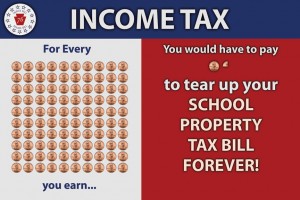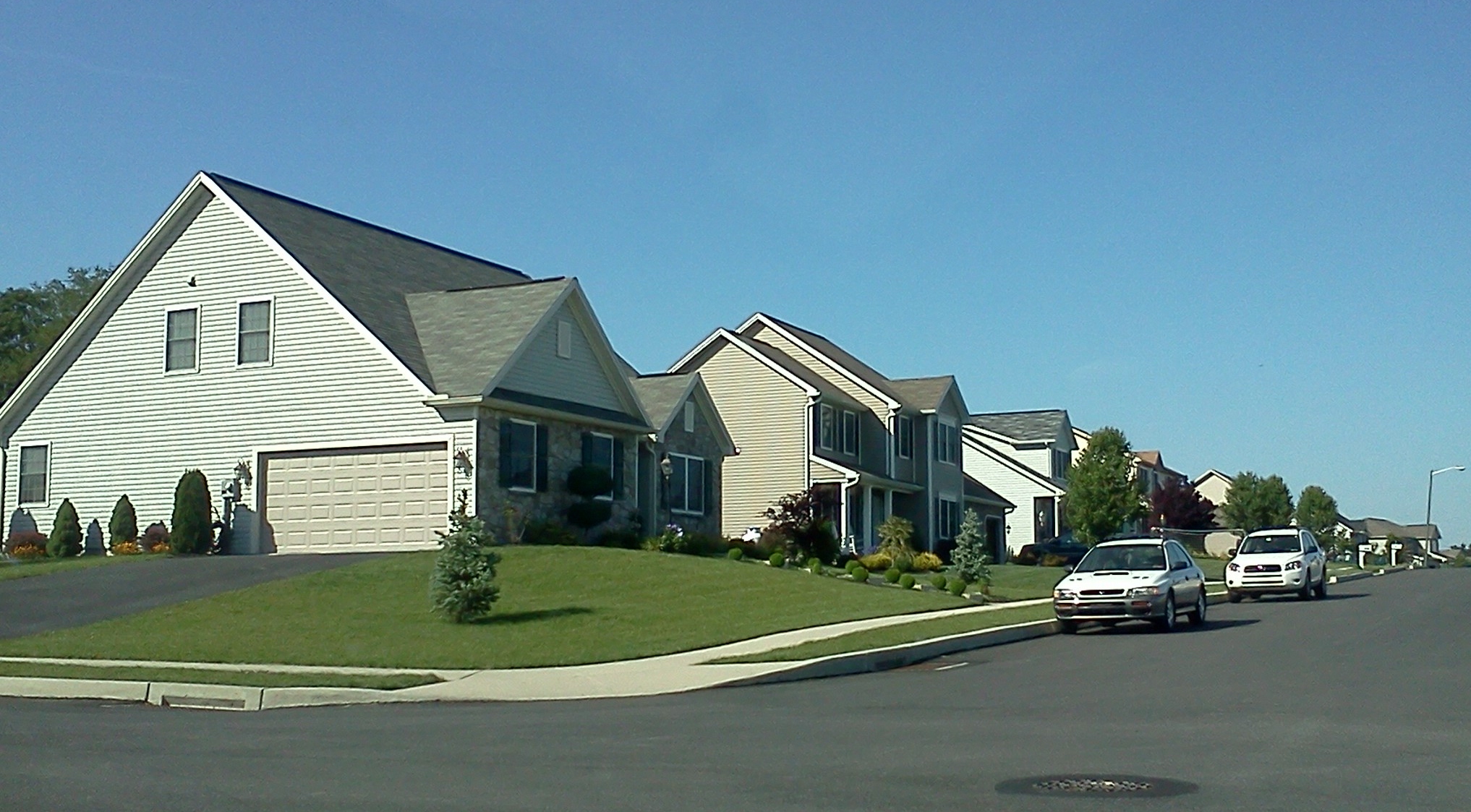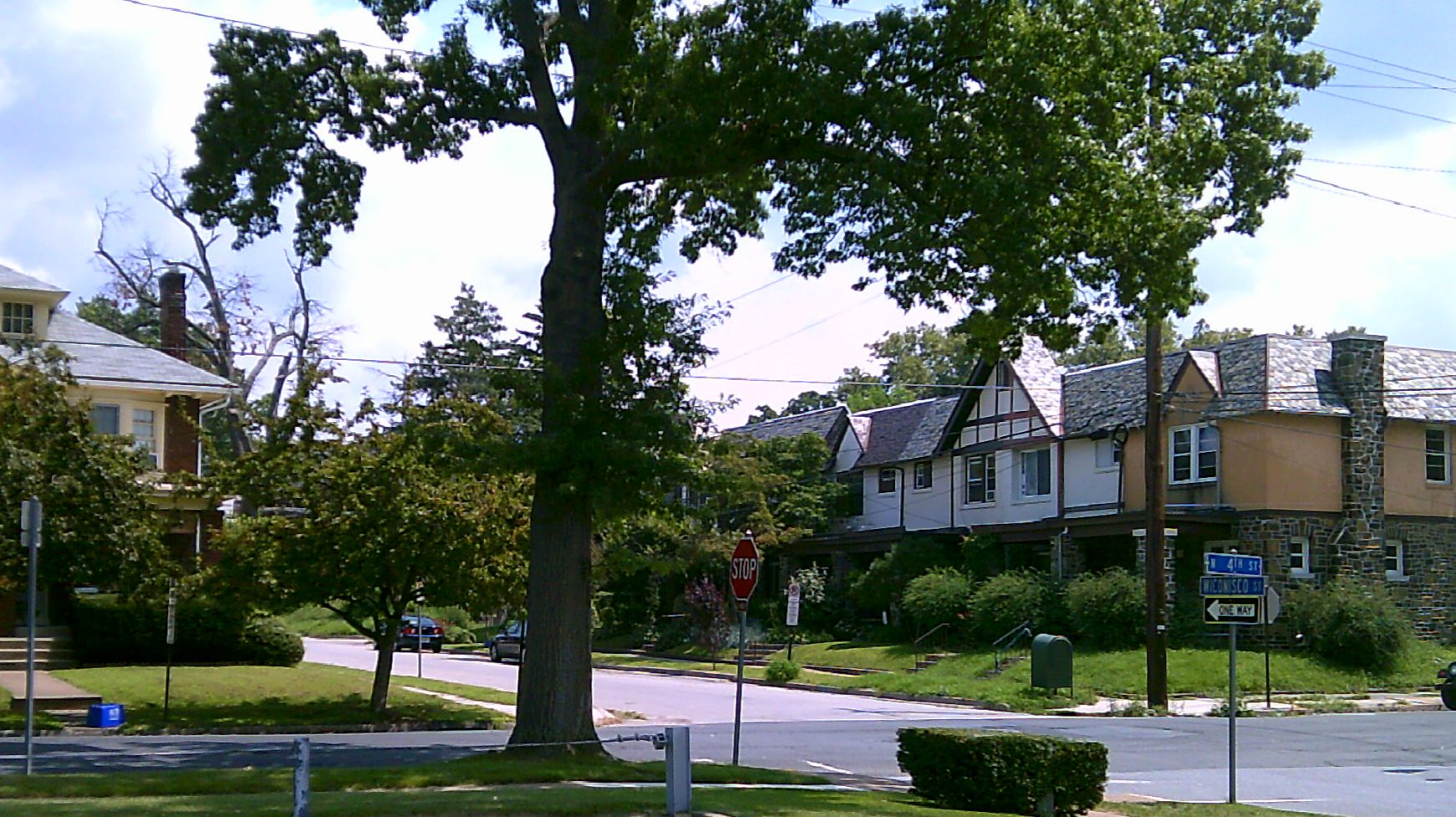“Property Tax Independence Act” Updated for New Session
The push to eliminate school property taxes in Pennsylvania isn’t going away; supporters say it’s growing stronger. A bipartisan group of state lawmakers gathered in the Capitol Media Center, Tuesday, to unveil the latest version of the Property Tax Independence Act, and state Rep. Jim Cox (R-Berks) is leading the charge for the second consecutive session.
“This is what it would take to fully replace school property taxes once and for all,” Cox said while clenching a penny between his thumb and index finger. “This is what stands between Pennsylvanians and the ability to completely eliminate school property taxes, and the ability to own their own homes.”
What’s being proposed is actually a dollar-for-dollar replacement of school property taxes. Here’s what it would take:
A one penny increase in the state sales tax (from 6 to 7% in most counties)
A broadening of the sales tax base
A 1.27-percentage point increase in the state personal income tax (from 3.07 – 4.34%)

“How can you let a penny stand in the way of getting the job done?” – Rep. Cox at Tuesday’s news conference.
Rep. Cox believes this shift in taxation will spread out the school funding burden much more fairly, and result in more disposable income in Pennsylvanians’ pockets.
The biggest difference from last year’s plan is in the personal income tax rate. The earlier version would have only raised it to 4.01%, but it was adjusted after an analysis from the Independent Fiscal Office determined last year’s version of the bill would have resulted in a revenue shortfall.
“We now have an independent verification that the numbers simply do add up. This is revenue neutral legislation. We have the facts to prove it. A dollar-for-dollar match to fund our public schools,” explains Sen. David Argall (R-Schuylkill) who’s sponsoring a companion bill in the Senate.
Adjusting for the IFO analysis has taken one of the key complaints off-the-table: fear that it would raise insufficient revenues. However, past concerns have also focused on the free pass the tax shift would give large businesses and whether sales & income taxes are as stable as property tax revenues.
The House and Senate bills are expected to be referred to their respective Finance Committees.







